Xbox Game Pass for families and households: Where is the family plan?
One of the streaming industry's most staple features is missing from Xbox Game Pass. Could it be on the horizon?
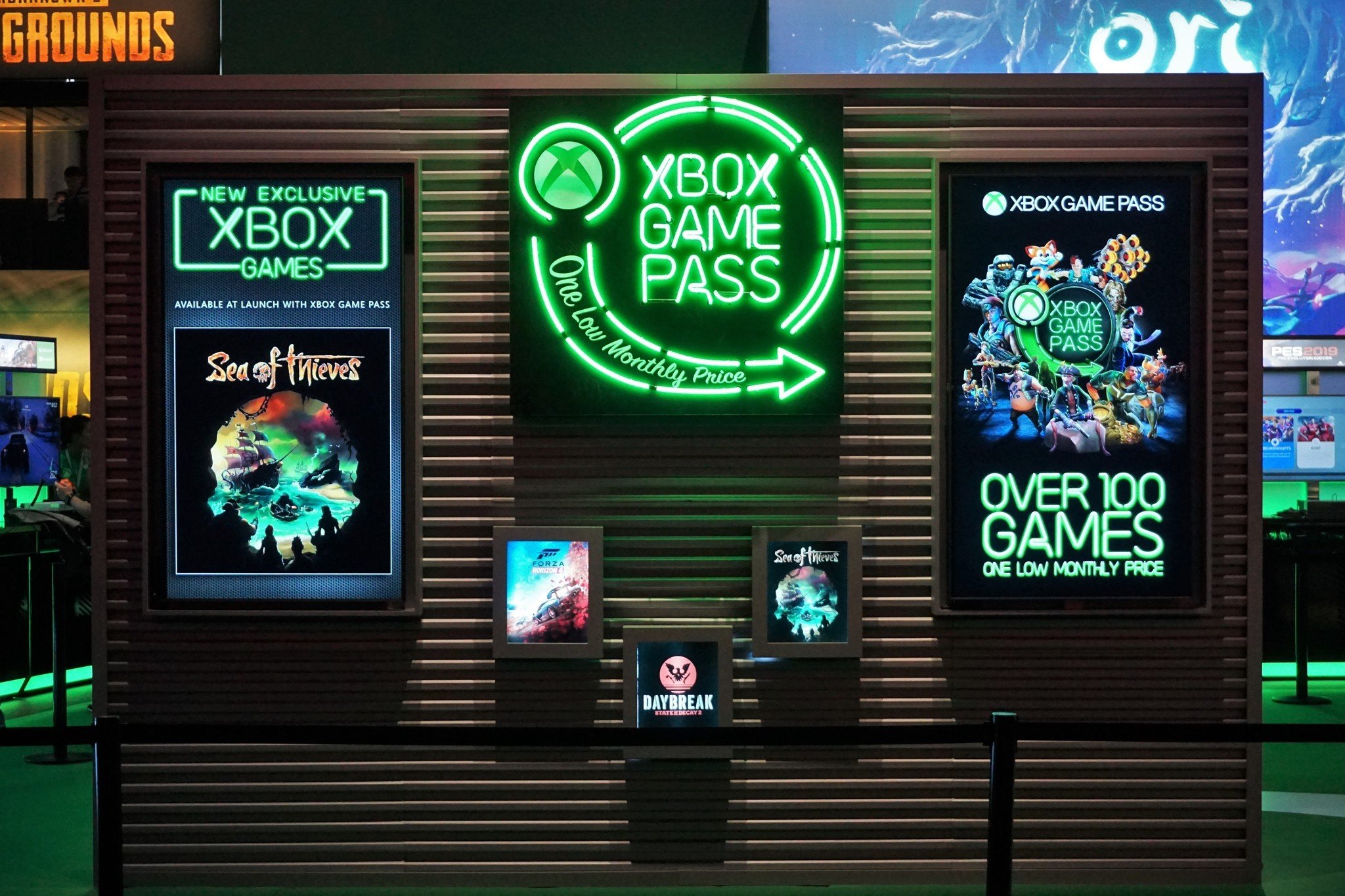
I get this question a lot. Where exactly is a family plan for Xbox Game Pass? Is it something that could realistically happen? And what could be potentially holding it up?
Xbox Game Pass is Microsoft's all-you-can-eat gaming service, taking cues from Netflix and Spotify. For a relatively low monthly fee, you gain access to hundreds of the best Xbox games to play whenever you want. With Xbox Game Pass Ultimate's cloud gaming tier, you can even stream those games to an Android smartphone, with a web version for iOS and PC coming later on.
Xbox Game Pass may seem similar to Spotify and Netflix on the surface, but the similarities are only skin deep. Unlike Netflix, retail buy-to-own native versions of games remain popular, and Xbox Game Pass may actually even be helping drive retail sales of games, unlike Netflix and Spotify, which are potentially killing retail sales in their respective industries. In any case, there is one major advantage Netflix, Spotify, and others have over Xbox Game Pass — the inclusion of a family plan, for sharing the subscription within a single household.
Why doesn't Xbox Game Pass have this? And are we likely to see it in the future?
Why Xbox Game Pass for households is needed
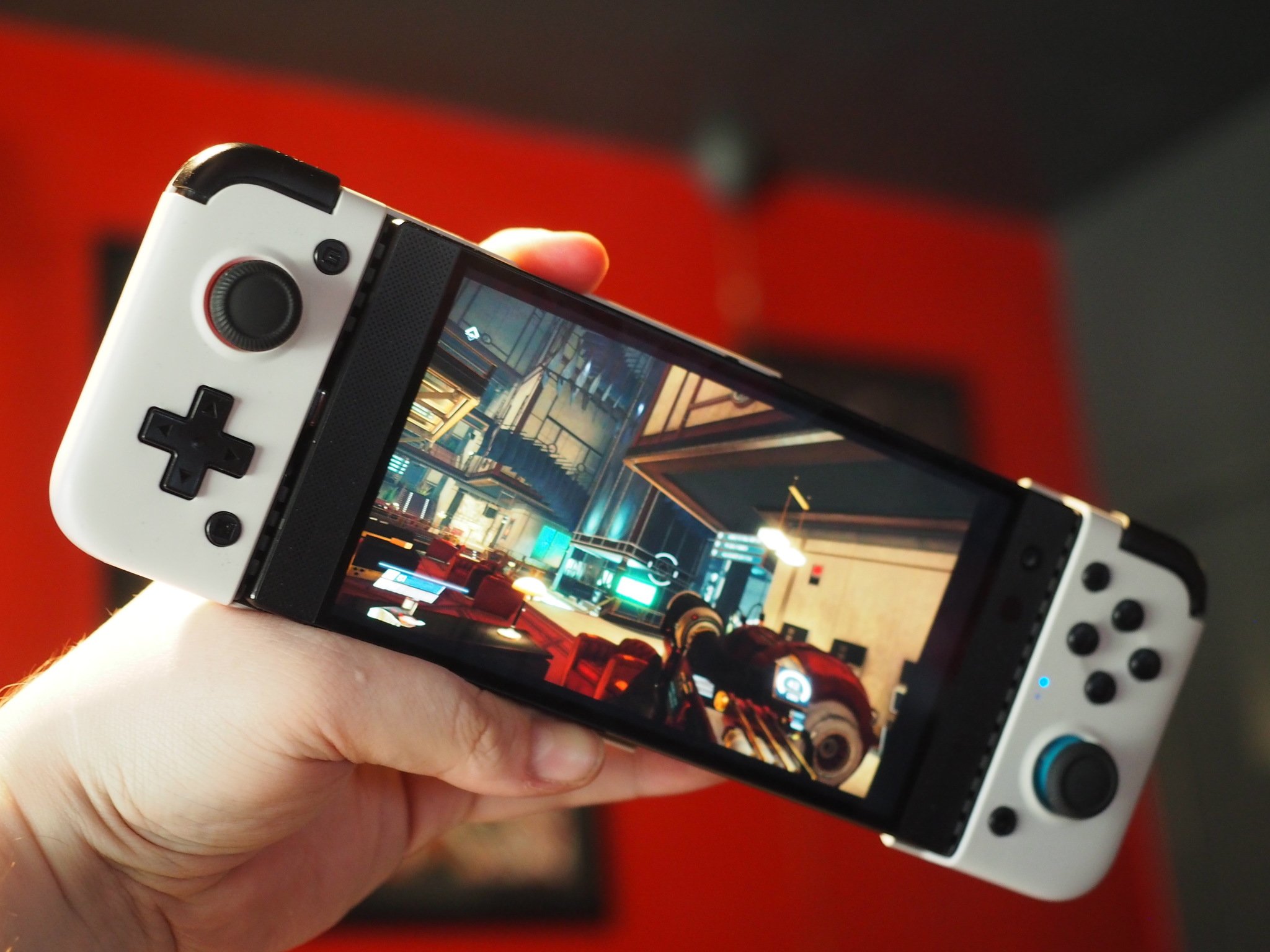
Xbox Game Pass is all about improving access to games, lowering the traditional barrier that comes with buying a console or a gaming PC. For many, spending hundreds on a video game console just isn't something worth considering, which is why mobile gaming has become such a popular industry. People are willing and interested in gaming, as long as the barrier to entry is low enough. If they can game on their existing devices, at a low cost, the friction surrounding the Xbox ecosystem is reduced. Therein lies the whole ideology of Xbox Game Pass and its cloud streaming component.
For parents who have multiple kids, the cost of Xbox Game Pass rises exponentially.
This somewhat falters when you consider families. Xbox Game Pass has an opportunity to lock in the next generation of younger gamers and set expectations for what should be the norm moving forward. Nintendo has already likely captured an entire generation of youth with its handheld form factor, and I've argued before that Xbox Game Pass should have an official handheld device, even if an entirely separate topic. For parents who have multiple kids, the cost of Xbox Game Pass rises exponentially, considering each individual kid has to have their own account and subscription. You can use some account-sharing to circumvent some of this, but you lose a lot of the benefits as a result, and it's not seamless — especially if you want multiple kids playing at the same time. Account sharing only works well between two consoles, and it's not something that's even officially endorsed by Microsoft.
Microsoft has robust family controls and features, but they fall apart if you're having to sign in to your account to give your kids access to Xbox Game Pass from your profile. A family or household Xbox Game Pass plan would solve a lot of these needless issues, even if it was only allowed for child accounts.
Get the Windows Central Newsletter
All the latest news, reviews, and guides for Windows and Xbox diehards.
Beyond giving your kids easy access, there's just a question of value there potentially. It's odd that I can easily share Netflix or Spotify with family members within my household, but I can't do the same with Xbox Game Pass Ultimate. Why might this be? I could be a question of licenses and the remaining power of retail.
Could it realistically happen?
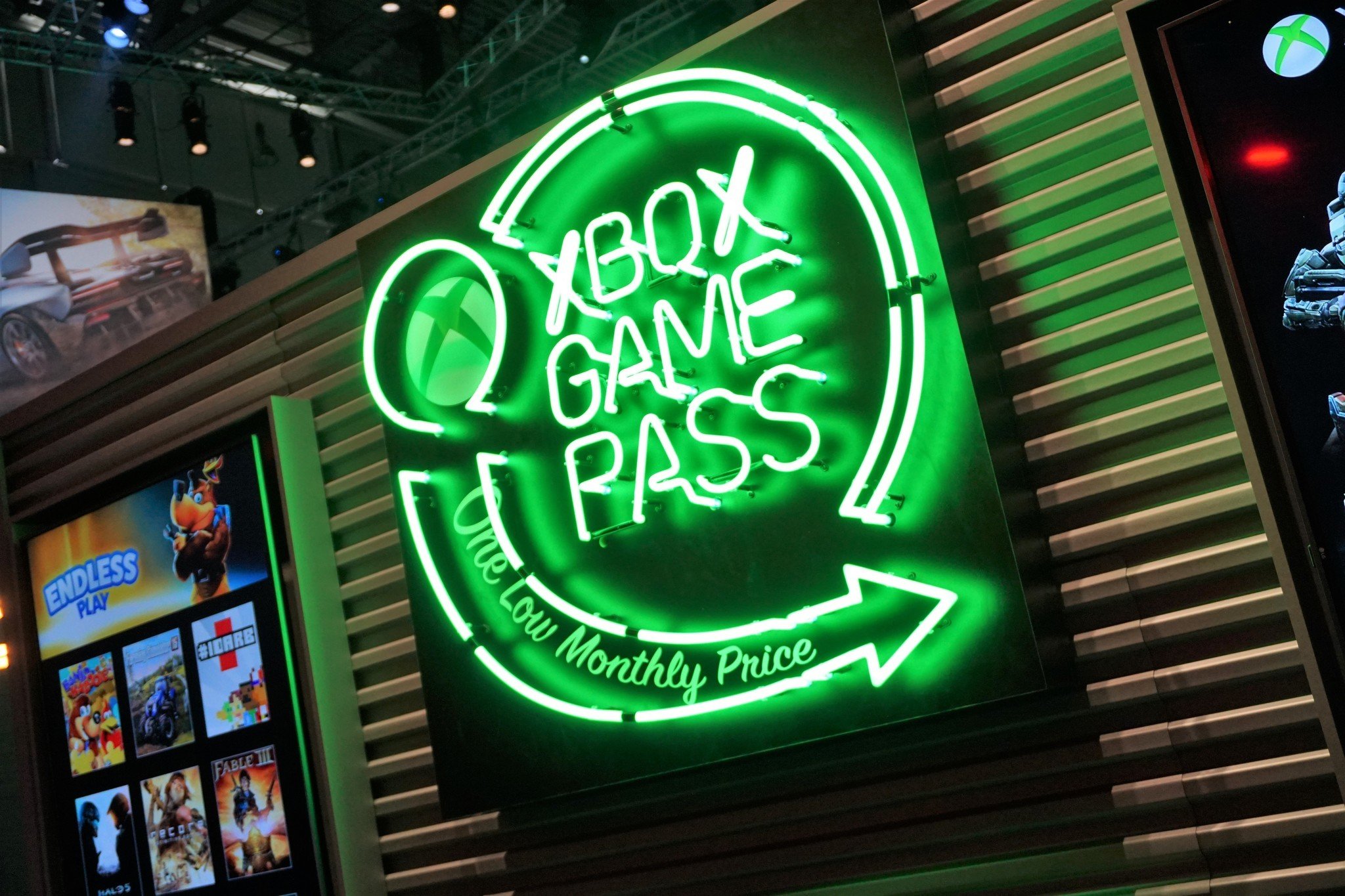
I think what could be holding this up is potential skepticism from Microsoft's partners. Xbox Game Pass is still a relatively "unproven" model in the long-term for third-party publishers. Although, there is a ton of data coming out that the service is only a win-win-win for everybody involved. I've seen documents from internal Microsoft presentations that detail how gamers within Xbox Game Pass are not only spending more time gaming, they're actively spending more on games at retail as well.
Why this might be is anyone's guess. Perhaps people still want the sensation of buying-to-own. Perhaps they want to take advantage of the Xbox Game Pass-exclusive discount you get after a game leaves the service. Perhaps the virality of "free-to-play-like" access to the games helps boost their mindshare profile. Or perhaps they just want to support the developers. Either way, Xbox Game Pass seems to boost retail sales of games that are in the service, not hinder them.
Still, I've heard in the past that some third-party publishers had pushed back on the idea of a family-style plan for Xbox Game Pass, worrying that their games in the service were potentially going to be split multiple ways, instead of just one. It's potentially a fair concern. Netflix and other's family-sharing features are often "abused" and shared with friends far beyond the account owner's household.
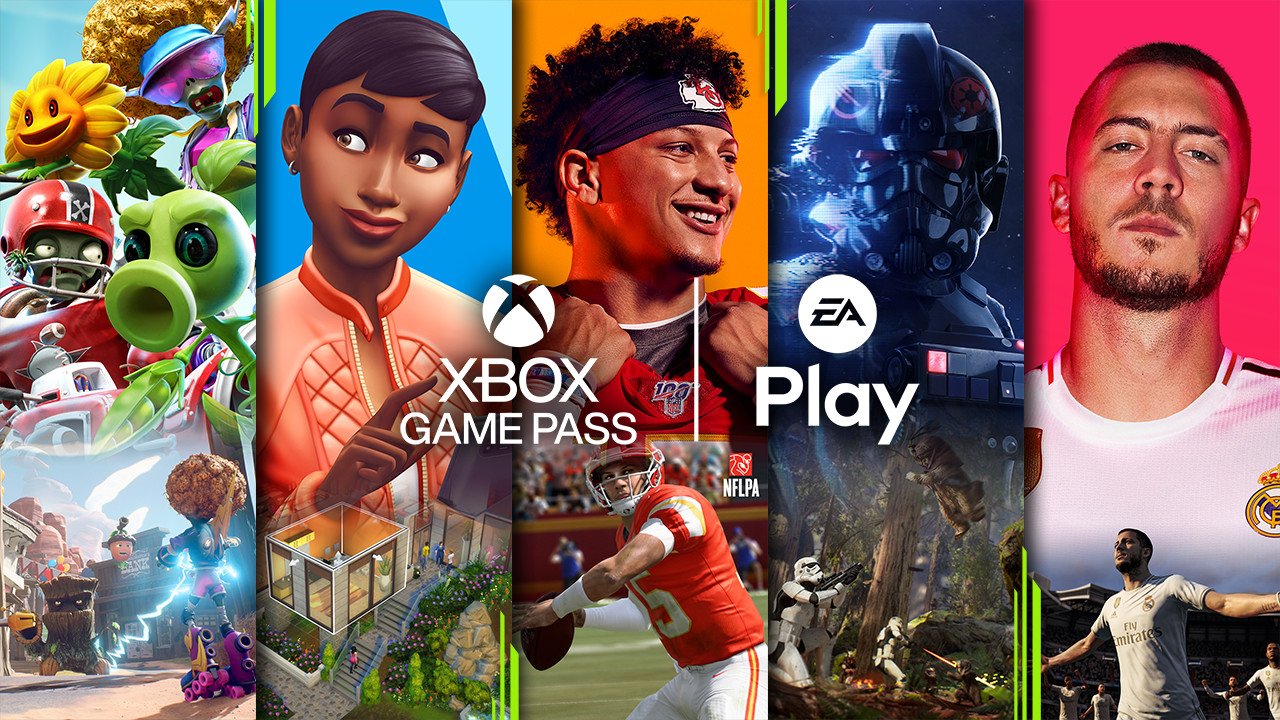
Netflix hadn't begun cracking down on out-of-home sharing until recently when it began testing blocks for users who are clearly using a different IP to the account holder. It's hard to determine exactly how many users and how much mindshare Netflix may lose through this. Perhaps they're concerned that those removed from the service won't come back, impacting the user numbers they can report to shareholders.
In any case, this is why I've argued previously that Microsoft should consider an Xbox Game Pass "Lite" which includes solely its own content. Microsoft has a mountain of Xbox exclusives built in-house, and even more with Bethesda on the service now. It could circumvent the concerns of third-party devs this way, and also bring Xbox Game Pass to platforms that otherwise wouldn't be able to sell that content, such as the Nintendo Switch. Nintendo would naturally like to be able to sell third-party games through its own store, but I don't think it would say no to a service that included the likes of Halo, if it were the only way to get those games.
The other option is simply that Microsoft convinces third-parties like EA, Capcom, etc, that are potentially skeptical that a family sharing plan would only help, not hinder, their investments in the service. The data certainly seems to suggest that the boosted ease of access for games like Outriders and others are helping buy mindshare and retail sales, so giving access to more users within a household would only help increase adoption and users in the service. It may even help Xbox console sales too.
Xbox Game Pass for households is probably on the way
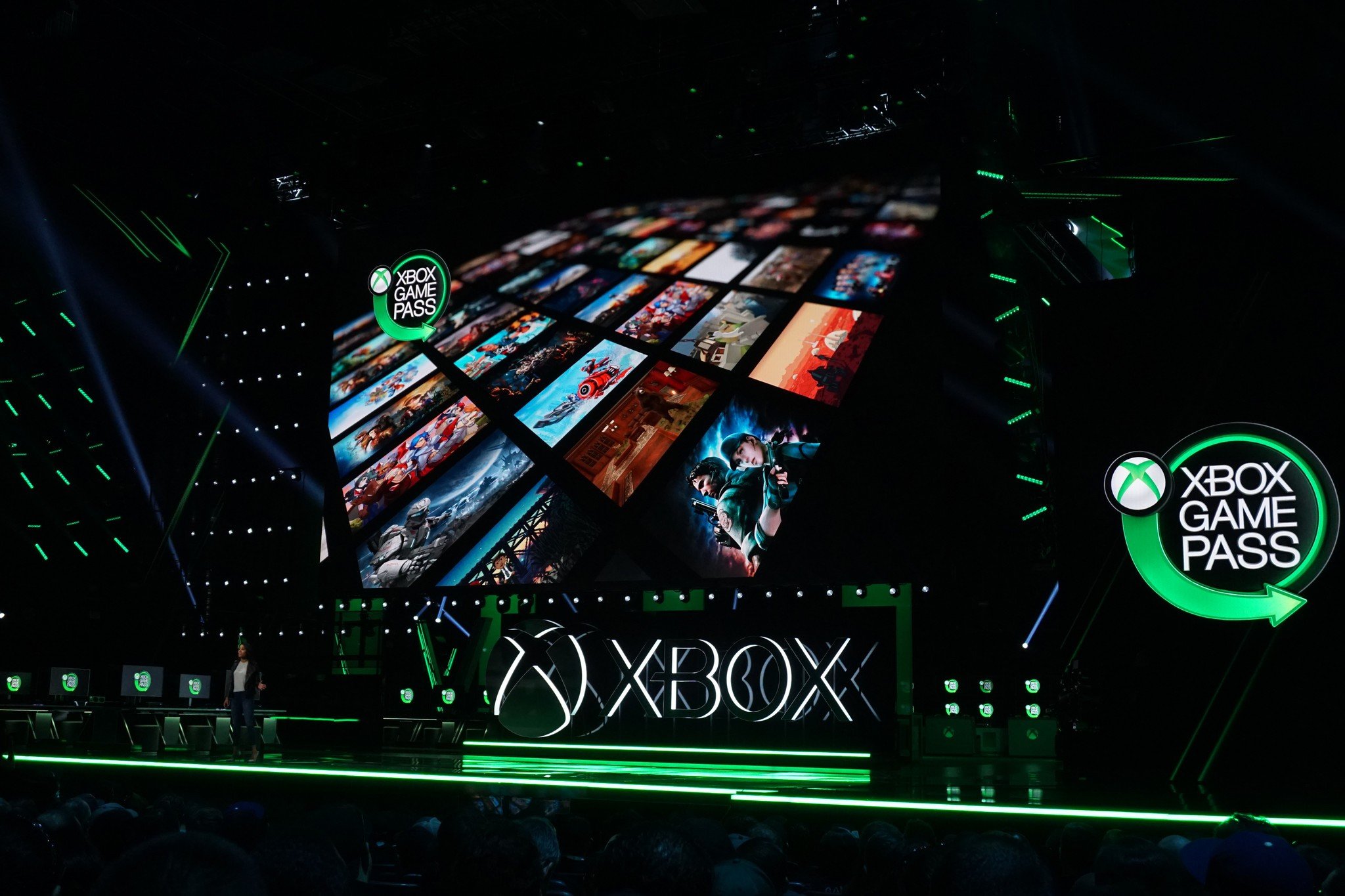
I've heard several times over the years from trusted sources that Microsoft has long been exploring some form of Xbox Game Pass for households and families. It's certainly something that is at least on their mind. That doesn't mean it will materialize in reality for certain, due to the licensing complexity, but I personally believe that it's probably on the way in some form. Whether that's the full Xbox Game Pass library sharing only to child accounts, a "lite" version with Microsoft's IP only, or the full-blown thing based on IP addresses or people within your Microsoft Family, I have no idea. What I do know is that Microsoft already has these features for Office 365, so it's not as if there's no precedent within the company for this sort of feature.
Xbox Game Pass is still definitely a work in progress, with new features always in the works, alongside Xbox Series X upgrades for the cloud streaming servers. A family-sharing plan or policy would be wildly popular I expect, and it's certainly something I hope Microsoft can deliver in the near future.

Jez Corden is the Executive Editor at Windows Central, focusing primarily on all things Xbox and gaming. Jez is known for breaking exclusive news and analysis as relates to the Microsoft ecosystem while being powered by tea. Follow on Twitter (X) and Threads, and listen to his XB2 Podcast, all about, you guessed it, Xbox!

